Military officers in Guinea-Bissau have declared “total control” of the country, closing borders and suspending the electoral process just three days after general elections, escalating tensions in the coup-prone West African nation.
The announcement followed heavy gunfire near the presidential palace, with armed soldiers taking control of the main road leading to the building.
General Denis N’Canha, head of the presidential military office, told reporters that a command “composed of all branches of the armed forces” is now leading the country “until further notice.” He made the declaration seated at a table surrounded by soldiers.
Incumbent President Umaro Sissoco Embalo, who was widely expected to win Sunday’s election, was reported to be inside a building near military headquarters with the chief of staff and the interior minister. It remains unclear whether the president has been detained.
Both Embalo and opposition candidate Fernando Dias had already claimed victory, with official provisional results scheduled for Thursday. Guinea-Bissau has a history of political instability, having experienced four coups since independence, along with multiple attempted takeovers.
In his statement, N’Canha cited a plot involving national drug lords, saying it included “the introduction of weapons into the country to alter the constitutional order.” Military authorities have also suspended all media programming and imposed a mandatory curfew.
The country’s National Electoral Commission (CNE) was attacked by unidentified armed men, according to commission official Abdourahmane Djalo.
Guinea-Bissau, one of the world’s poorest nations, is also a known hub for drug trafficking between Latin America and Europe, a trade fueled by ongoing political instability.
Security forces from Guinea-Bissau and the Economic Community of West African States (ECOWAS) had deployed more than 6,780 personnel for the elections and the post-vote period. The country’s last presidential election in 2019 triggered a four-month post-election crisis.
Notably, the 2025 elections excluded the main opposition party, PAIGC, and its candidate Domingos Simoes Pereira, following a Supreme Court ruling that cited late submission of applications. The opposition has accused Embalo of manipulating the electoral process, arguing his term officially ended on February 27, five years after his inauguration.


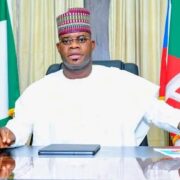

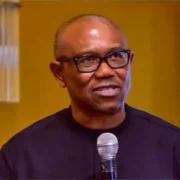

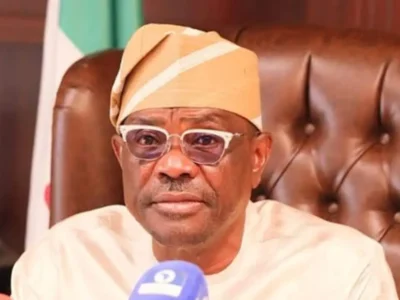
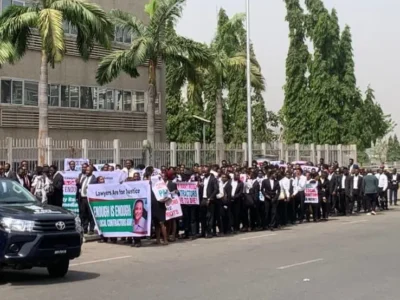
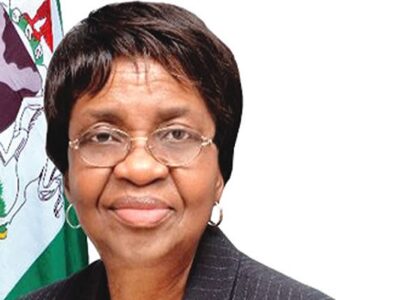
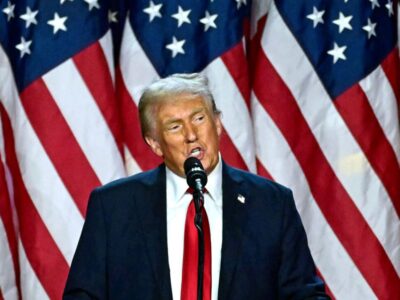









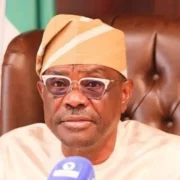
Comments